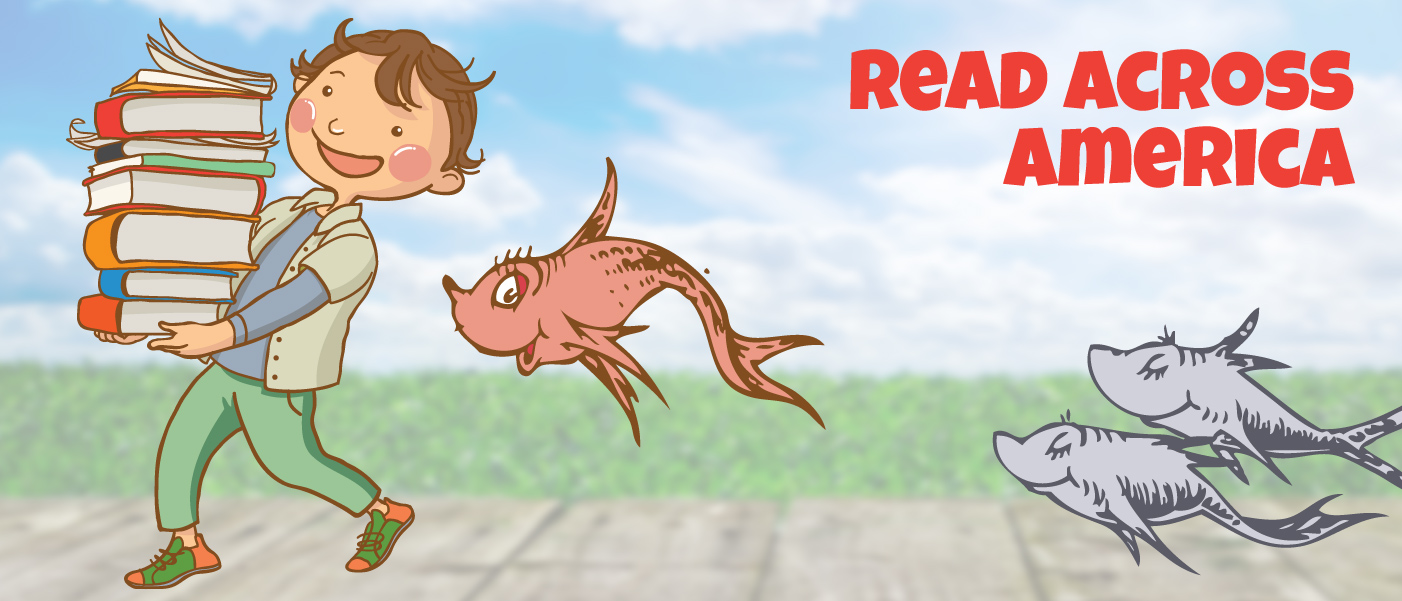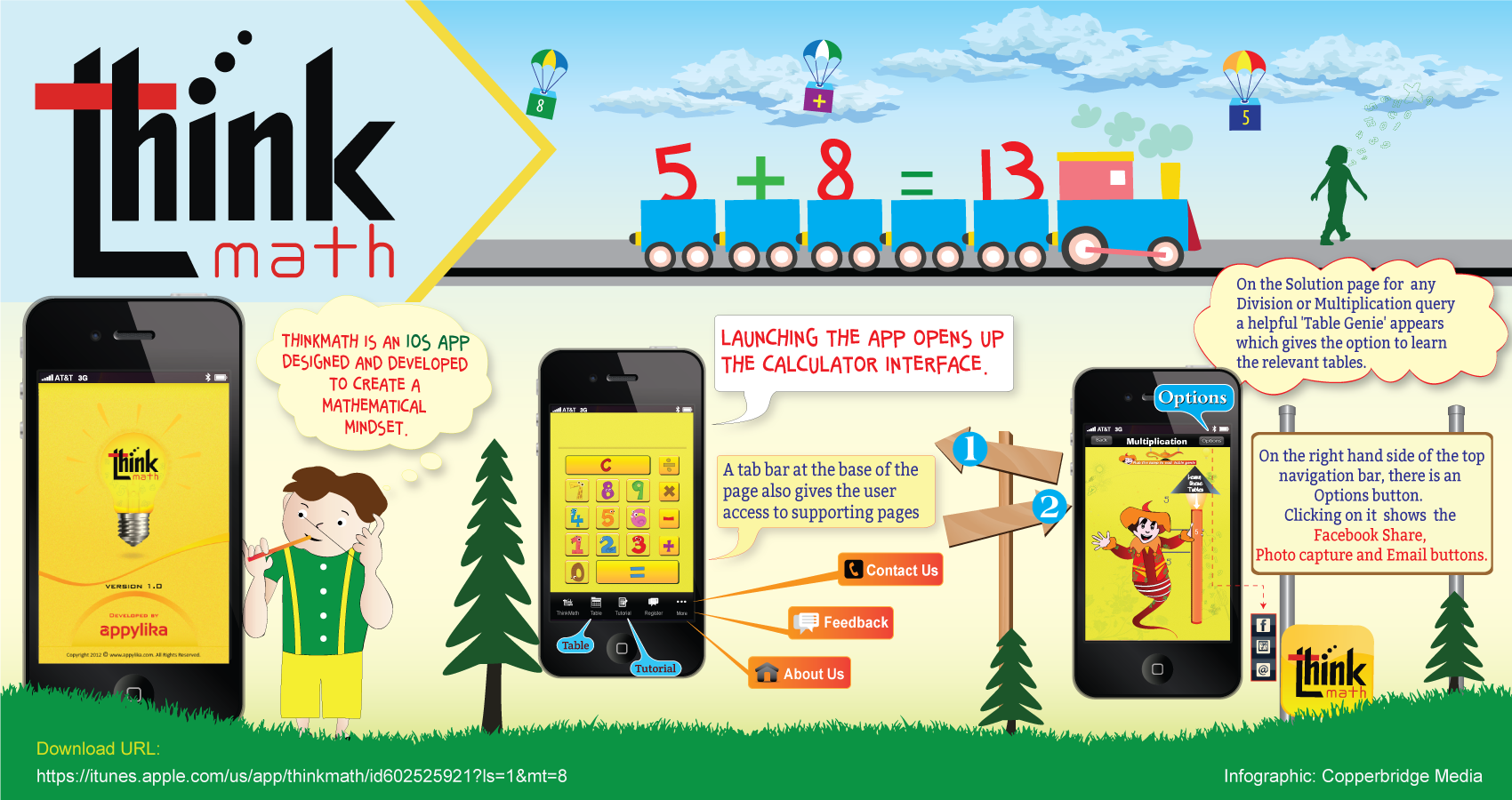March is National Reading Month, so to celebrate raising awareness of this crucial life skill we’ll discuss the links between speech and language development and early literacy skills. A number of skills that would fall under the speech and language umbrella are enormously important to the development of early literacy. What can parents can do to promote early literacy in their children, from 12 months (or even earlier!) through pre-adolescence? We’ll discuss that too. You may already actively do some or all of these things with your child(ren), but let’s explore some evidence-based lessons as you continue to stimulate your child’s reading development. Learning to read and to ♥ love reading ♥ is a childhood-long project for both children and parents and the work you do as a parent and this post aims to be another support for this noble endeavor.
Speech Buddies Parents’ Corner – Fun Math Apps for Kids of All Ages
Parents' Corner SchoolSummer might not be over yet, but there is no reason to put off practicing those math facts to help avoid the summer slide. Your kids might not even realize that they are learning, too, when you use these fun math apps. Continue reading
Educational Apps for Kids: Problem Solving
Speech Therapy TechniquesSpeech and language disorders in children can affect so much more than just a child’s ability to produce sounds, words, and sentences. They can also affect how a child is able to process and analyze information, problem solve, and make himself understood by others. Speech Buddies can help with many speech disorders that affect articulation, but you might also consider using educational apps for kids to address other areas of concern. Many educational apps for kids are available to improve problem solving skills. As a bonus, they tend to involve fun games to keep your child engaged in learning. He might not even know it’s an educational app. Check out our list below to get started.
Storytelling with Apps
Speech Therapy TechniquesStorytelling is a classic childhood activity. There are few things that draw a family together like getting the kids in their pajamas and snuggling up for a bedtime story. It’s even more rewarding when a child begins to make up his own stories. But some children with speech disorders have difficulty organizing words and sentences into a logical narration. A child with a language sequencing problem may narrate the key points of a story in an inappropriate order. He may also order words incorrectly within a sentence. Similarly, a child with an expressive language disorder struggles to choose the correct words and put them together logically.




